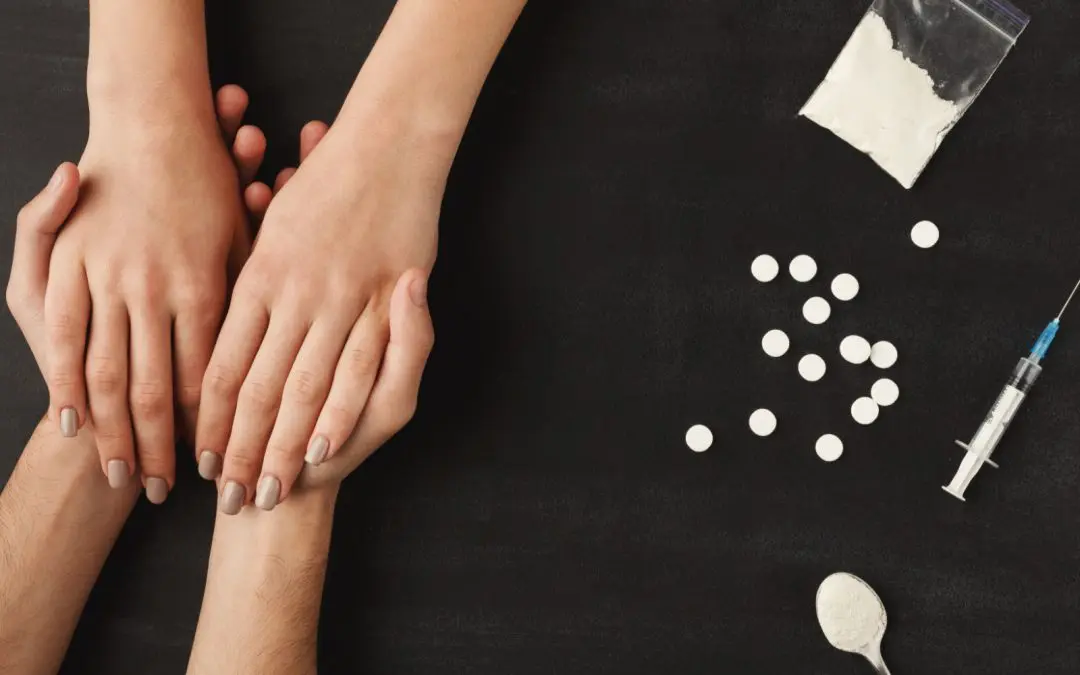24/7 Helpline:
(866) 899-111424/7 Helpline:
(866) 899-1114
Learn more about PTSD Treatment centers in Sparta
PTSD Treatment in Other Cities

Other Insurance Options

Health Net

GEHA

American Behavioral

Medical Mutual of Ohio

Providence

Group Health Incorporated

Choice Care Network

Kaiser Permanente

BHS | Behavioral Health Systems

Oxford

WellPoint

Cigna

EmblemHealth

Regence

Horizon Healthcare Service

Coventry Health Care

AllWell

Magellan

State Farm

Aetna









